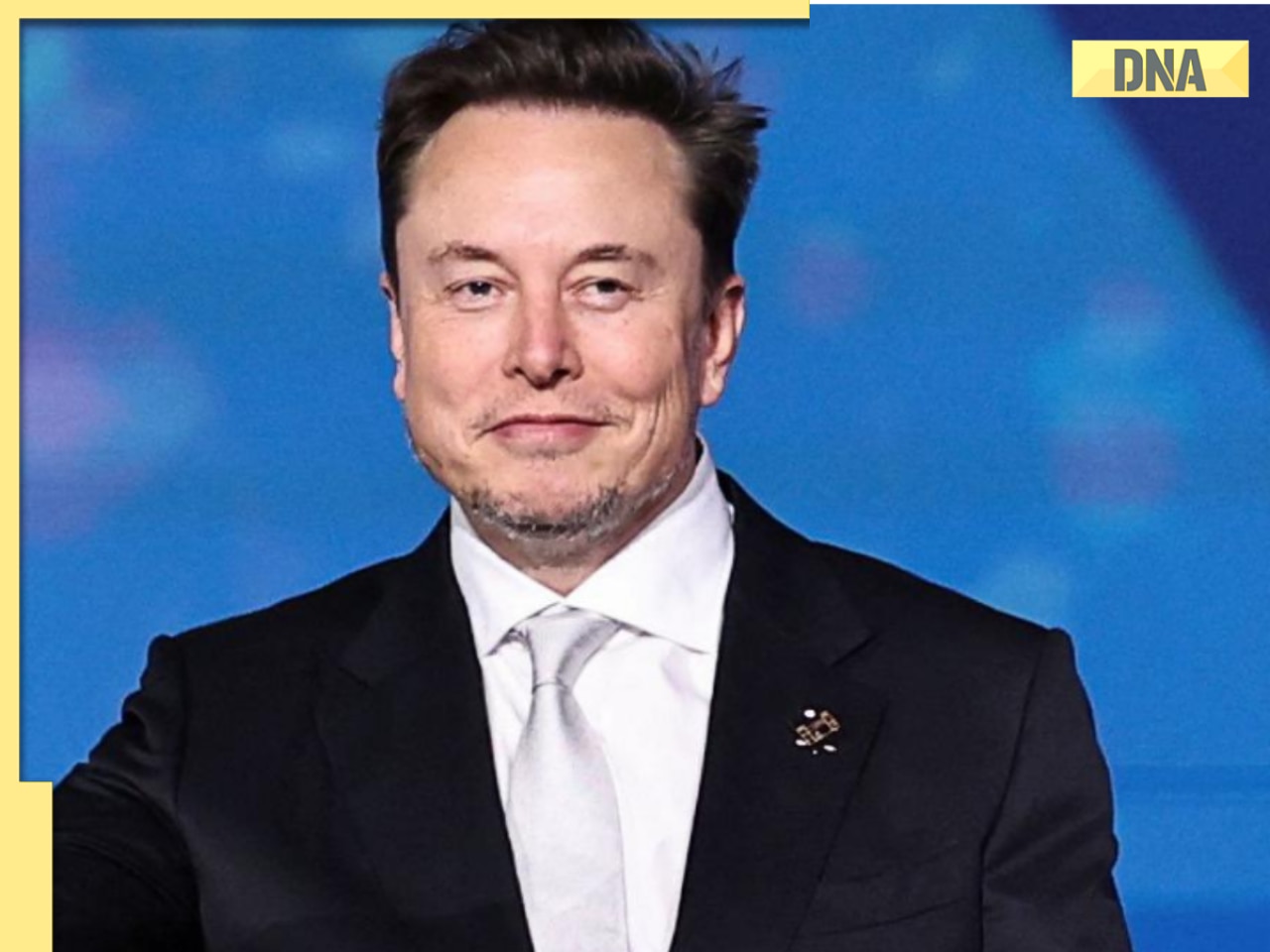Starlink is targeting to provide much-needed services to remote areas where conventional telecom services tend to be costly and have limited access.
Elon Musk is eyeing to dominate the satellite broadband sector globally. The world’s richest man has planned to bring his satellite internet service company, Starlink, to India, posing a threat to Indian telecom giants like Mukesh Ambani’s Reliance Jio and Sunil Bharti Mittal’s Airtel. The Central government is ready to grant a license to the billionaire’s satellite internet service provider to operate after compliance with all the rules.
Satellite-based internet services have not yet started in India. So far, the Centre has issued a license to Bharti Group’s OneWeb and Jio Satellite Communications for the services. The services will reportedly begin after the Telecom Regulatory Authority of India (TRAI) announces the norms for satellite service providers after consulting with stakeholders.
The entry of Starlink in India is expected to challenge the dominance of local providers. The firm uses its low-earth orbit satellites to provide high-speed broadband services. The entity is targeting to provide much-needed services to remote areas where conventional telecom services tend to be costly and have limited access. The Indian broadband market would shake up if Starlink plans to aggressively undercut prices to take on Reliance Jio and Bharti Airtel. This impending price war will likely force local providers to reassess their pricing strategies, potentially leading to more affordable broadband options for Indian consumers.
However, Starlink is unlikely to immediately disrupt the dominance of established Indian telecom giants, according to industry experts. A research note by Axis Capital highlighted that while Jio and Airtel's broadband services cost between $10-13 per month (Rs 843-1,096), Starlink's average monthly tariff ranges from $40-50 (Rs 3,373-4,217). This significant price difference makes Starlink's service approximately four times more expensive than its Indian counterparts.
Amid mounting excitement about the satellite network, the government has made a significant announcement regarding satellite spectrum allocation. In a recent Lok Sabha session, the Union Minister of State for Communications stated that the spectrum allocation will undergo standard administrative procedures and may even be assigned without an auction process. As per the new Telecom Act, spectrum allocation decisions will prioritize the interests of Indian citizens, balancing economic and technical factors to ensure the best possible allocation.
Find your daily dose of All
Latest News including
Sports News,
Entertainment News,
Lifestyle News, explainers & more. Stay updated, Stay informed-
Follow DNA on WhatsApp. India issues fresh travel advisory, asks citizens to avoid going to THIS country: 'Carefully consider...'
India issues fresh travel advisory, asks citizens to avoid going to THIS country: 'Carefully consider...'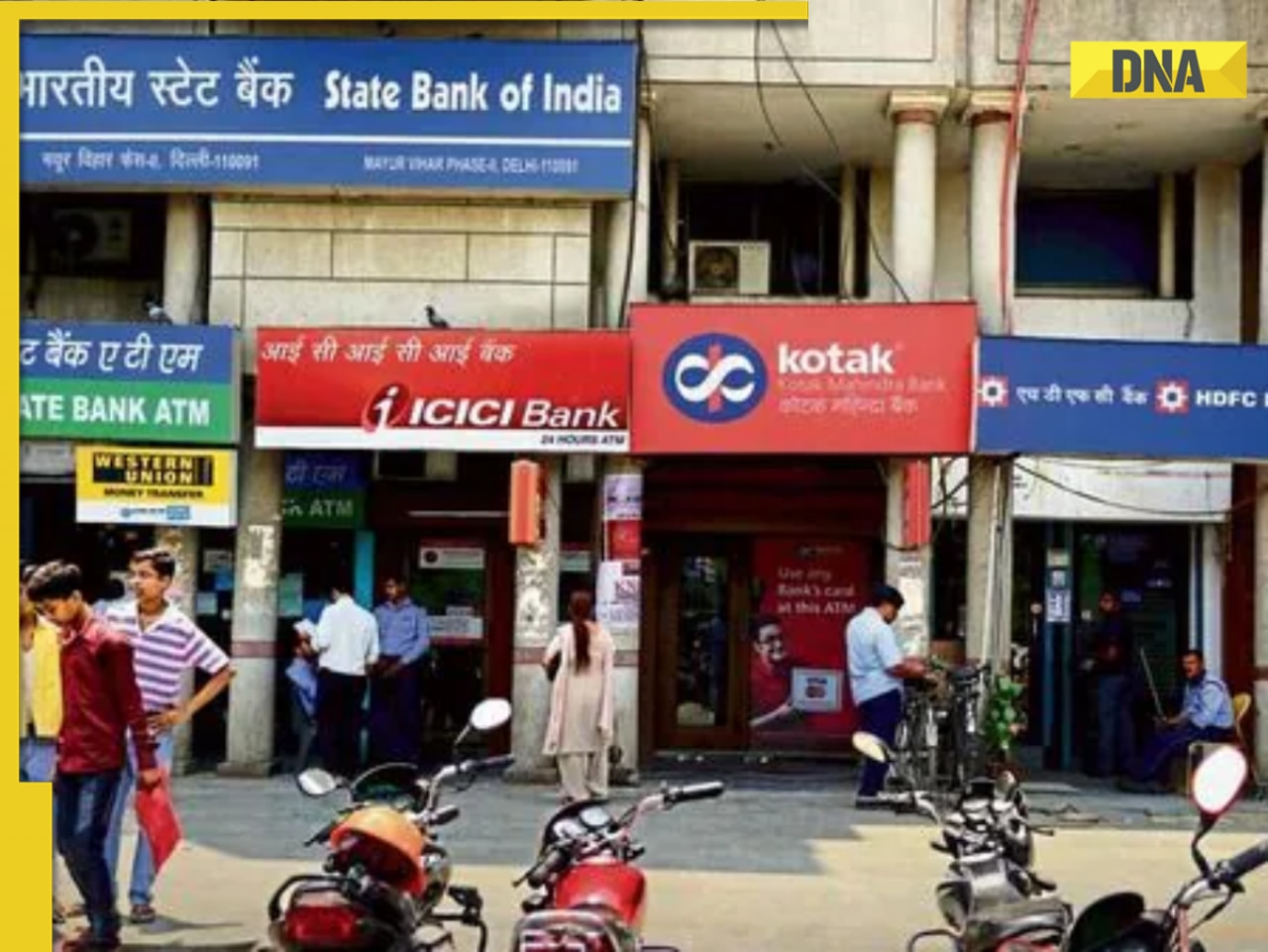 THIS govt company in HUGE debt, defaults on bank loans worth whopping Rs...
THIS govt company in HUGE debt, defaults on bank loans worth whopping Rs... This city is world’s most student friendly, 4 Indian cities also feature in list with the most affordable city being...
This city is world’s most student friendly, 4 Indian cities also feature in list with the most affordable city being...  Tesla cars will be priced cheaper in Delhi and Mumbai than Gurugram, here’s why, check cost difference here
Tesla cars will be priced cheaper in Delhi and Mumbai than Gurugram, here’s why, check cost difference here Donald Trump makes BIG proposal to Ukraine over Russia war, asks Zelenskyy, 'Can you hit...'
Donald Trump makes BIG proposal to Ukraine over Russia war, asks Zelenskyy, 'Can you hit...' What is brain fog? 7 Ways to overcome it
What is brain fog? 7 Ways to overcome it Sawan 2025: Move beyond Tip Tip Barsa Paani, this rainy season groove on these sizzling songs
Sawan 2025: Move beyond Tip Tip Barsa Paani, this rainy season groove on these sizzling songs Kang Seo‑ha to Kim Sae‑ron: K‑drama, K-pop icons we lost recently
Kang Seo‑ha to Kim Sae‑ron: K‑drama, K-pop icons we lost recently Our Golden Days, My Lovely Journey, Beyond the Bar: 8 must-watch K-dramas in August 2025
Our Golden Days, My Lovely Journey, Beyond the Bar: 8 must-watch K-dramas in August 2025 Parents-to-be Rajkummar Rao and Patralekhaa: What makes their family ties so strong
Parents-to-be Rajkummar Rao and Patralekhaa: What makes their family ties so strong Odisha Girl Self Immolation Case: Odisha CM Announces Rs 20 Lakh Aid For Kin Of Balasore Student
Odisha Girl Self Immolation Case: Odisha CM Announces Rs 20 Lakh Aid For Kin Of Balasore Student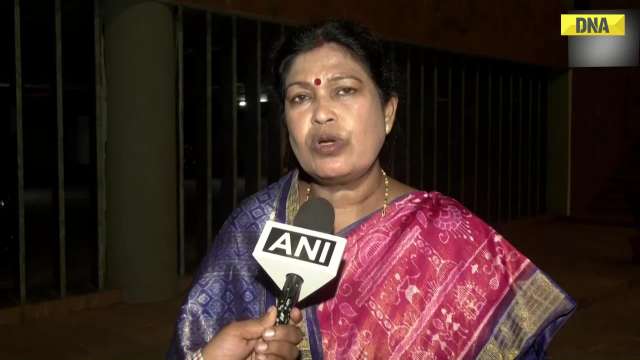 Odisha Girl Self-Immolation Case: BJD leader Slams Odisha Govt After Balasore Student Dies
Odisha Girl Self-Immolation Case: BJD leader Slams Odisha Govt After Balasore Student Dies President Murmu Appoints New Governors For Haryana, Goa; Kavinder Gupta Named LG Of Ladakh
President Murmu Appoints New Governors For Haryana, Goa; Kavinder Gupta Named LG Of Ladakh Bombay Stock Exchange Receives Bomb Threat From 'Comrade Pinarayi Vijayan', '4 RDX IED In Building'
Bombay Stock Exchange Receives Bomb Threat From 'Comrade Pinarayi Vijayan', '4 RDX IED In Building' India Pakistan News: New Paramilitary Force In Pakistan Sparks Crackdown Fears
India Pakistan News: New Paramilitary Force In Pakistan Sparks Crackdown Fears THIS govt company in HUGE debt, defaults on bank loans worth whopping Rs...
THIS govt company in HUGE debt, defaults on bank loans worth whopping Rs... Tesla cars will be priced cheaper in Delhi and Mumbai than Gurugram, here’s why, check cost difference here
Tesla cars will be priced cheaper in Delhi and Mumbai than Gurugram, here’s why, check cost difference here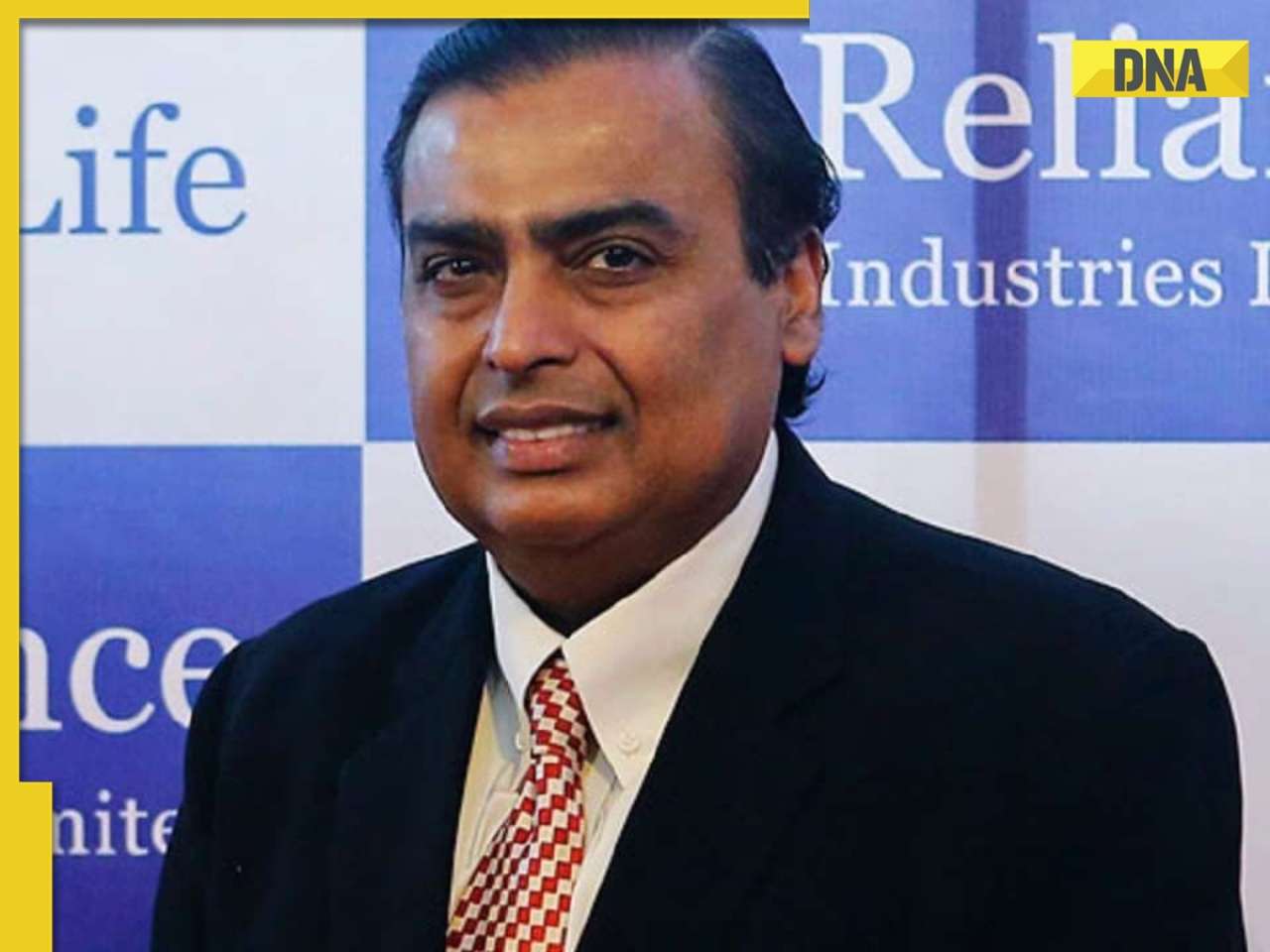 Mukesh Ambani's Reliance's BIG win as Delhi HC directs e-commerce platforms to...
Mukesh Ambani's Reliance's BIG win as Delhi HC directs e-commerce platforms to... UIDAI shares BIG update on children above 7 with Aadhaar: 'To face risk of...'
UIDAI shares BIG update on children above 7 with Aadhaar: 'To face risk of...' Meet woman who started as trainee, will now become CEO of..., won major award at Cannes, she is...
Meet woman who started as trainee, will now become CEO of..., won major award at Cannes, she is...  Then and now: What Daniel Radcliffe, Emma Watson, Rupert Grint and more Harry Potter cast members doing now?
Then and now: What Daniel Radcliffe, Emma Watson, Rupert Grint and more Harry Potter cast members doing now? Which Visa lets you travel to multiple countries? Learn about Visas that fit your needs
Which Visa lets you travel to multiple countries? Learn about Visas that fit your needs Chhoriyan Chali Gaon contestants list out: Anita Hassanandani, Aishwarya Khare, and others join Rannvijay Singha's show
Chhoriyan Chali Gaon contestants list out: Anita Hassanandani, Aishwarya Khare, and others join Rannvijay Singha's show Laapataa Ladies' Pratibha Ranta returns in Revolutionaries with Bhuvam Bham, Rohit Saraf: All you need to know about Nikkhil Advani's series
Laapataa Ladies' Pratibha Ranta returns in Revolutionaries with Bhuvam Bham, Rohit Saraf: All you need to know about Nikkhil Advani's series Ananya Panday's vacation photos go viral: A peek into her sun-kissed moments, beach outfits, and carefree vibes
Ananya Panday's vacation photos go viral: A peek into her sun-kissed moments, beach outfits, and carefree vibes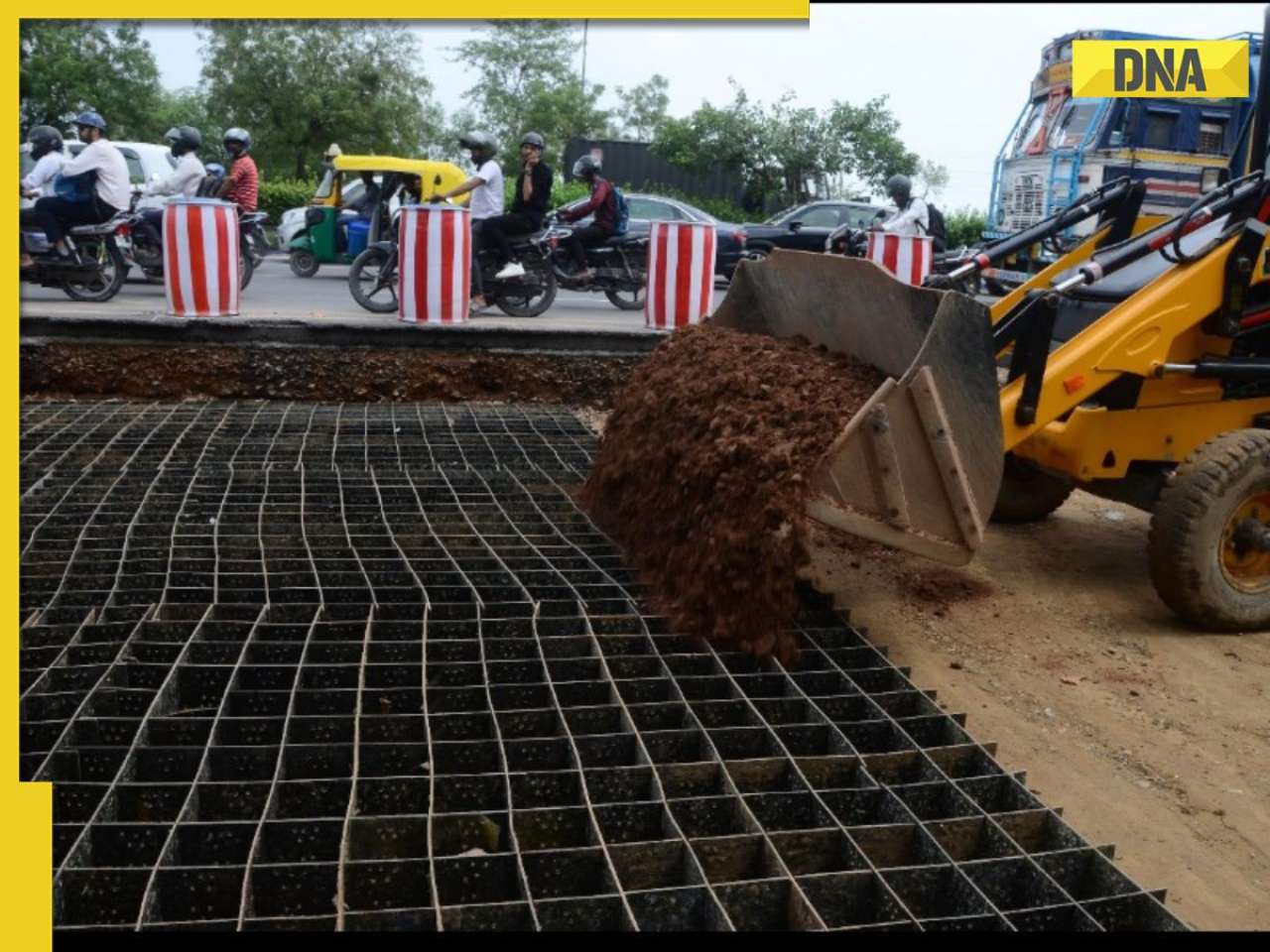 India's first plastic road to be built with Geocell Technology in..., know all about this sustainable initiative
India's first plastic road to be built with Geocell Technology in..., know all about this sustainable initiative  Golden Temple receives bomb threat again, second RDX email in 24 hours, probe underway
Golden Temple receives bomb threat again, second RDX email in 24 hours, probe underway Rs 10000000000: Indians losing huge amount of money every month due to...
Rs 10000000000: Indians losing huge amount of money every month due to... DNA Verified: Samosa, jalebi, other Indian snacks to carry health warning labels? Know the truth here
DNA Verified: Samosa, jalebi, other Indian snacks to carry health warning labels? Know the truth here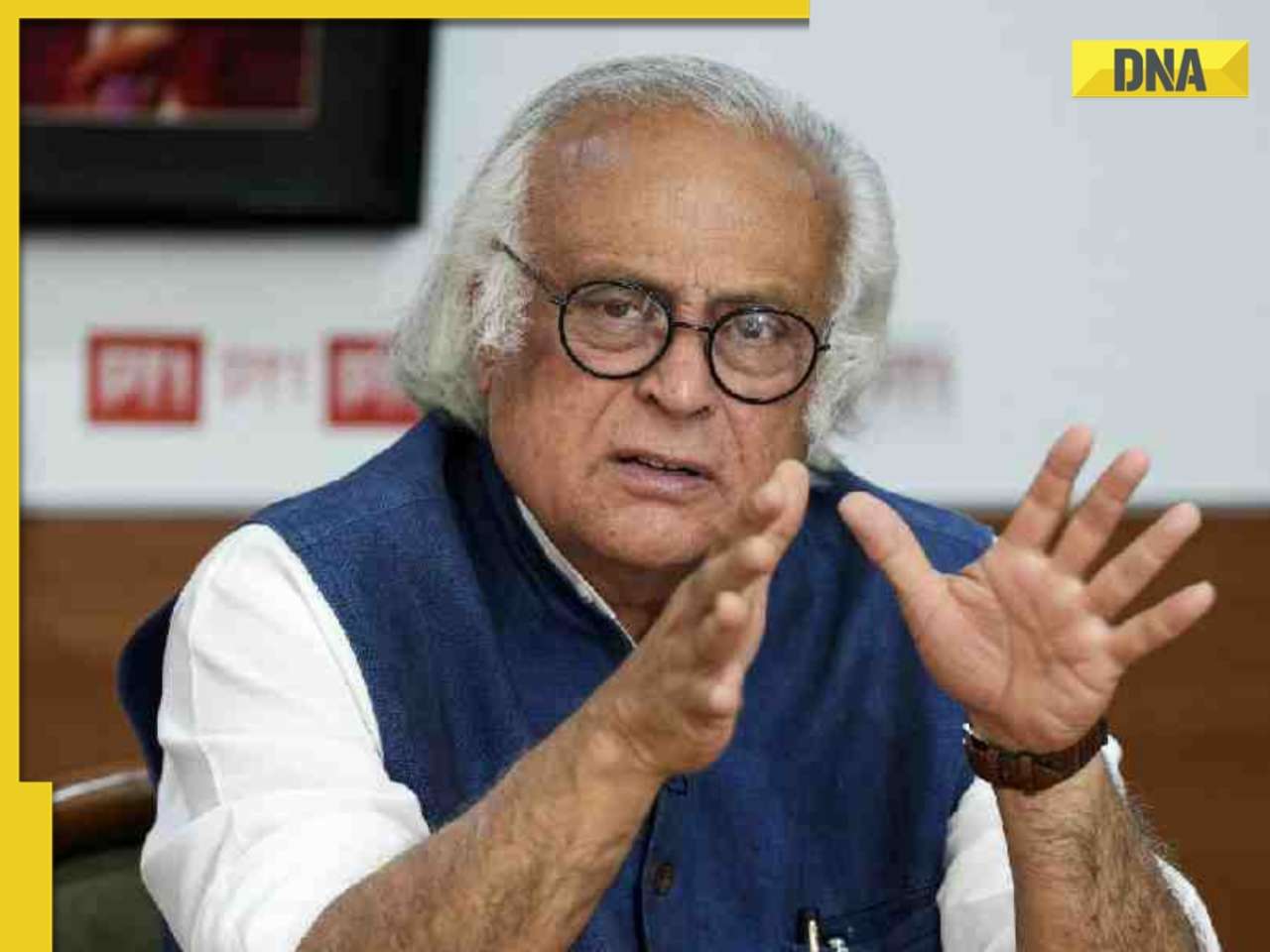 '65 days, 22 times’: Congress leader Jairam Ramesh slams BJP as US President Trump again claims credit for India-Pakistan ceasefire
'65 days, 22 times’: Congress leader Jairam Ramesh slams BJP as US President Trump again claims credit for India-Pakistan ceasefire Who is IAS officer Arpit Sagar who Fined NHAI for..., served in high-ranking administrative roles, she’s from...
Who is IAS officer Arpit Sagar who Fined NHAI for..., served in high-ranking administrative roles, she’s from...  Meet woman who left high-paying job in Switzerland for UPSC exam, secured AIR...; married to IAS, she is now...
Meet woman who left high-paying job in Switzerland for UPSC exam, secured AIR...; married to IAS, she is now... Meet woman who failed in NEET, UPSC exams, later secured Rs 72 LPA job at THIS aviation giant to become the youngest...
Meet woman who failed in NEET, UPSC exams, later secured Rs 72 LPA job at THIS aviation giant to become the youngest... This auto driver speaks 7 languages, did double MA, worked in MNCs, wanted to become IAS officer then..., is now going viral for..
This auto driver speaks 7 languages, did double MA, worked in MNCs, wanted to become IAS officer then..., is now going viral for.. Meet 19-year-old boy who took family responsibilities after his father's demise, cracked JEE Main with 9 to 5 job, his AIR was..., he wants to...
Meet 19-year-old boy who took family responsibilities after his father's demise, cracked JEE Main with 9 to 5 job, his AIR was..., he wants to... This luxury car is first choice of Indians, even left BMW, Jaguar, Audi behind in sales, it is...
This luxury car is first choice of Indians, even left BMW, Jaguar, Audi behind in sales, it is... Kia India unveils Carens Clavis: Check features, design changes, price and more; bookings open on...
Kia India unveils Carens Clavis: Check features, design changes, price and more; bookings open on... Tesla CEO Elon Musk launches most affordable Cybertruck, but it costs Rs 830000 more than older version, it is worth Rs...
Tesla CEO Elon Musk launches most affordable Cybertruck, but it costs Rs 830000 more than older version, it is worth Rs... Planning to buy a Maruti Suzuki car? Prices set to rise by 4% from...
Planning to buy a Maruti Suzuki car? Prices set to rise by 4% from... Audi launches Audi RS Q8 2025 in India: Know price, specifications and unique features
Audi launches Audi RS Q8 2025 in India: Know price, specifications and unique features 




)
)
)
)
)
)
)
)
)
)
)
)
)
)
)
)



